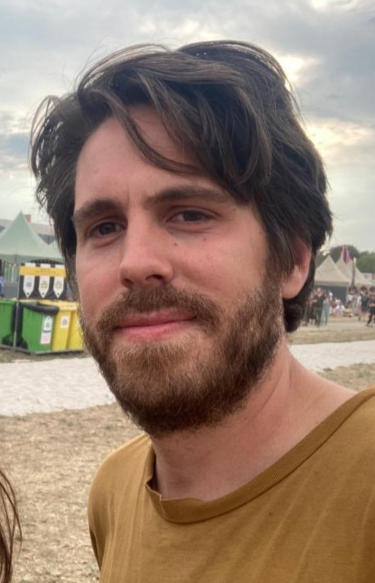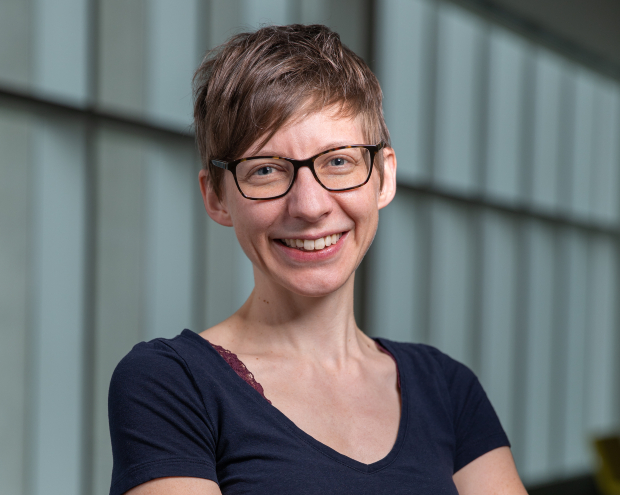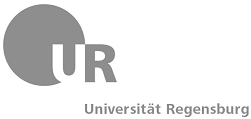Your Account
You are not logged in
Keynotes
Keynote Speakers at TeaP 2024
Abstract:
Involuntary autobiographical memories are memories of personal events that come to mind spontaneously – that is, with no preceding attempt at retrieval. Such spontaneously arising memories were described by Ebbinghaus (1885) as one of three basic modes of memory, but were long ignored by modern memory research. In clinical psychology, involuntary memories of past events were studied for decades, but with an exclusive focus on intrusive memories for negative, stressful events related to psychological disorders. In this lecture, I will review an upsurge of research on involuntary memories conducted over the last couple of decades using naturalistic, experimental, and brain imaging methodologies and involving a range of different study populations. This research has shown that involuntary memories of past events rather than being rare or focusing on negative events (as was long thought) are highly frequent in daily life, and predominantly deal with emotionally positive and mundane events from the recent past. They share many similarities with intentionally retrieved memories of past events regarding content and qualities, but critical differences regarding mode of activation. They represent a context-sensitive, associative and relatively automatic way of recollecting past events that involves little executive control, and likely is an evolutionary and ontogenetically forerunner of strategic retrieval of past events.
FNL.jpg)
You can find more information about Dorthe Berntsen here.
Title: Learning to be in control
Abstract:
Much of human behavior is characterized by the extraordinary ability to quickly reconfigure our mind, inhibit prepotent responses, and switch between different tasks, often referred to as cognitive control (or executive functions). When defining cognitive control, it is often contrasted with arguably more low-level forms of learning, such as stimulus-response learning. However, this traditional definition of cognitive control might have put us on the wrong path when trying to understand the training of, development of, and impairments in these control processes. Therefore, in this talk, I will present a set of studies that focus on how optimal cognitive control processes, decision making strategies, or reinforcement learning parameters can be learned through selective reinforcement or contextual cueing. I will argue that this form of learning even seems necessary, to allow for several forms of flexible, dynamic adaptations in control parameters. Together, these results argue for a more integrative learning perspective on cognitive control.

You can find more information about Senne Braem here.
Title: Object recognition in humans and artificial neural networks in naturalistic visual tasks
Abstract:

You can find more information about Marieke Mur here.
Dorthe Berntsen, Center on Autobiographical Memory Research, Aarhus University, Denmark
Title: What happened to Ebbinghaus’ second category of memories? Basic findings on involuntary autobiographical memoriesAbstract:
Involuntary autobiographical memories are memories of personal events that come to mind spontaneously – that is, with no preceding attempt at retrieval. Such spontaneously arising memories were described by Ebbinghaus (1885) as one of three basic modes of memory, but were long ignored by modern memory research. In clinical psychology, involuntary memories of past events were studied for decades, but with an exclusive focus on intrusive memories for negative, stressful events related to psychological disorders. In this lecture, I will review an upsurge of research on involuntary memories conducted over the last couple of decades using naturalistic, experimental, and brain imaging methodologies and involving a range of different study populations. This research has shown that involuntary memories of past events rather than being rare or focusing on negative events (as was long thought) are highly frequent in daily life, and predominantly deal with emotionally positive and mundane events from the recent past. They share many similarities with intentionally retrieved memories of past events regarding content and qualities, but critical differences regarding mode of activation. They represent a context-sensitive, associative and relatively automatic way of recollecting past events that involves little executive control, and likely is an evolutionary and ontogenetically forerunner of strategic retrieval of past events.
FNL.jpg)
You can find more information about Dorthe Berntsen here.
Senne Braem, Ghent University, Belgium
Title: Learning to be in controlAbstract:
Much of human behavior is characterized by the extraordinary ability to quickly reconfigure our mind, inhibit prepotent responses, and switch between different tasks, often referred to as cognitive control (or executive functions). When defining cognitive control, it is often contrasted with arguably more low-level forms of learning, such as stimulus-response learning. However, this traditional definition of cognitive control might have put us on the wrong path when trying to understand the training of, development of, and impairments in these control processes. Therefore, in this talk, I will present a set of studies that focus on how optimal cognitive control processes, decision making strategies, or reinforcement learning parameters can be learned through selective reinforcement or contextual cueing. I will argue that this form of learning even seems necessary, to allow for several forms of flexible, dynamic adaptations in control parameters. Together, these results argue for a more integrative learning perspective on cognitive control.

You can find more information about Senne Braem here.
Marieke Mur, The Brain and Mind Institute, Western University, Canada
Title: Object recognition in humans and artificial neural networks in naturalistic visual tasksAbstract:
Deep artificial neural networks are promising computational models of the human ventral visual system. Neural networks show impressive performance on image recognition tasks. Furthermore, they account for significant proportions of variance in human brain responses and behavior measured during image recognition tasks. However, neural networks also fail to account for significant proportions of variance in human responses to images, especially during more naturalistic visual tasks such as recognizing objects under occlusion. I will show work from my lab that highlights both the potential and the shortcomings of contemporary neural networks as models of human vision. I will argue for the need for a more human-like learning experience, including a more naturalistic visual diet and learning goals, to transform neural networks from powerful image recognizers to human-like object perceivers.

You can find more information about Marieke Mur here.
COMS 118.33


